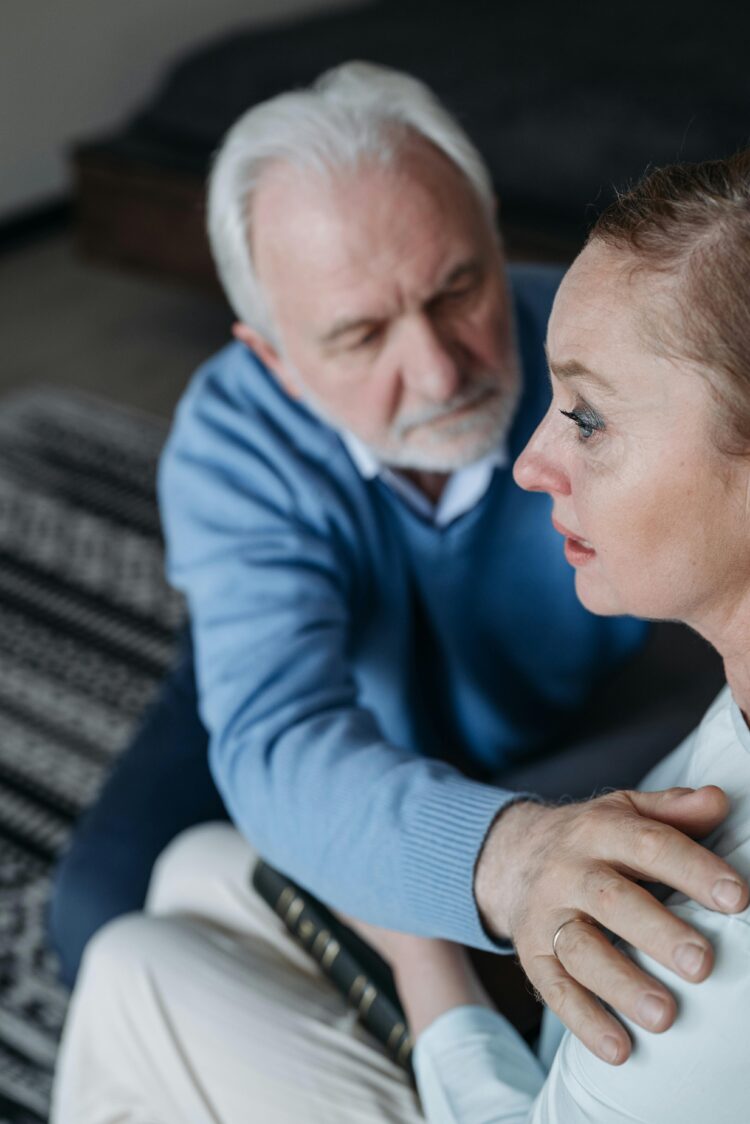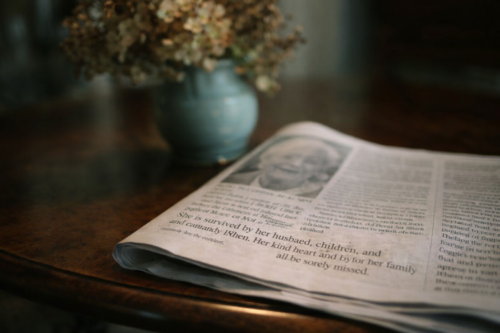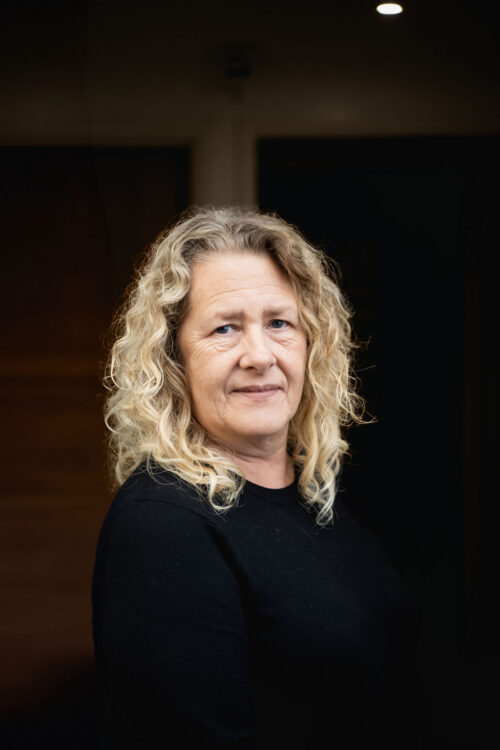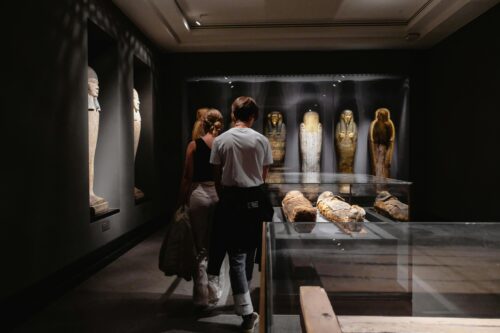Welham Jones
https://welhamjones.co.uk/wp-content/themes/welham-jones/img/logos/supersonic-playground-logo.png
300
80
Welham Jones
Who can register a death
When a loved one passes away, one of the first formal steps is to register the death. According to the Births and Deaths Registration Act 1953, it is usually the responsibility of a close relative to do so.
You can register the death if:
- You are a relative of the person who has died
- You were present when they passed away
- You are the person making the funeral arrangements with the funeral director
Sadly, this means that friends are usually not allowed to register a death unless they were present at the time of passing or are the ones taking charge of arrangements. If no relatives are available, the duty may fall to:
- A person present at the death (such as a doctor, nurse, paramedic, or care worker)
- The occupier of the house where the death occurred
- A person finding the body
- Executors, along with solicitors if they are handling the will
- The person responsible for arranging the burial or cremation
It’s worth noting that the exact rules differ slightly between England, Wales, Scotland and Northern Ireland. If you’re unsure, the best course of action is to contact your local register office for guidance.
Where do I register a death?
In the UK, deaths are registered with the local Registrar of Births, Deaths and Marriages. You can find your nearest office and book an appointment via the official government website – for those in Kent, the appointment is made via www.kent.gov.uk.
It’s generally best to register the death in the area where the person passed away, although you can sometimes make a declaration at another office if that is more convenient – while this may be easier if you don’t live locally, it can add a few days’ delay to the registration.
What do I need to bring with me to the registrar?
It is useful, but not essential, to bring any identifying documents belonging to the deceased to the registrar, if they are available, for example:
- Birth certificate
- Marriage or civil partnership certificate
- NHS medical card
- Driving licence
- Passport
- Council tax bill or utility bill showing proof of address
You should also bring proof of your own name and address.
The most important document – the Medical Certificate of Cause of Death (MCCD), without which the registrar cannot proceed – is now emailed directly by the medical examiner who reviews the certificate, so you don’t need to take it physically with you.
How long do I have to register a death?
By law, you must register a death within five days in England, Wales and Northern Ireland (eight days in Scotland). This includes weekends and public holidays, so it’s important to book an appointment with the registrar as soon as possible. However, the system itself can create longer delays. You cannot book your appointment with the Registrar until the medical examiner who reviews the MCCD has called you to ensure you understand the cause of death. Currently, it is taking up to 10 working days for these calls to take place.
In some cases – for example, if the coroner is involved – this period may be extended. The registrar or coroner will explain if extra time is allowed.
What are the consequences if I don’t register a death?
With the drama of Hollywood safely set aside, you might imagine failing to register a death carries harsh consequences. In truth, while not registering a death is a criminal offence, the penalties are far less severe than a courtroom drama might suggest.
If there are unavoidable delays – for example, if the coroner is involved – you won’t face any penalty. However, without a valid reason, you could receive a fine of up to £200 or other legal repercussions.
It’s also worth noting that death registration in the UK can only be completed in person at a registrar’s office. Sometimes, families experience delays simply because of appointment availability. If this happens, the registrar will guide you on what steps to take.
Registering a death in the UK can feel daunting, but understanding the process and knowing who can legally do it makes the task a little easier at a difficult time.
If you need compassionate support arranging a funeral, please contact us






